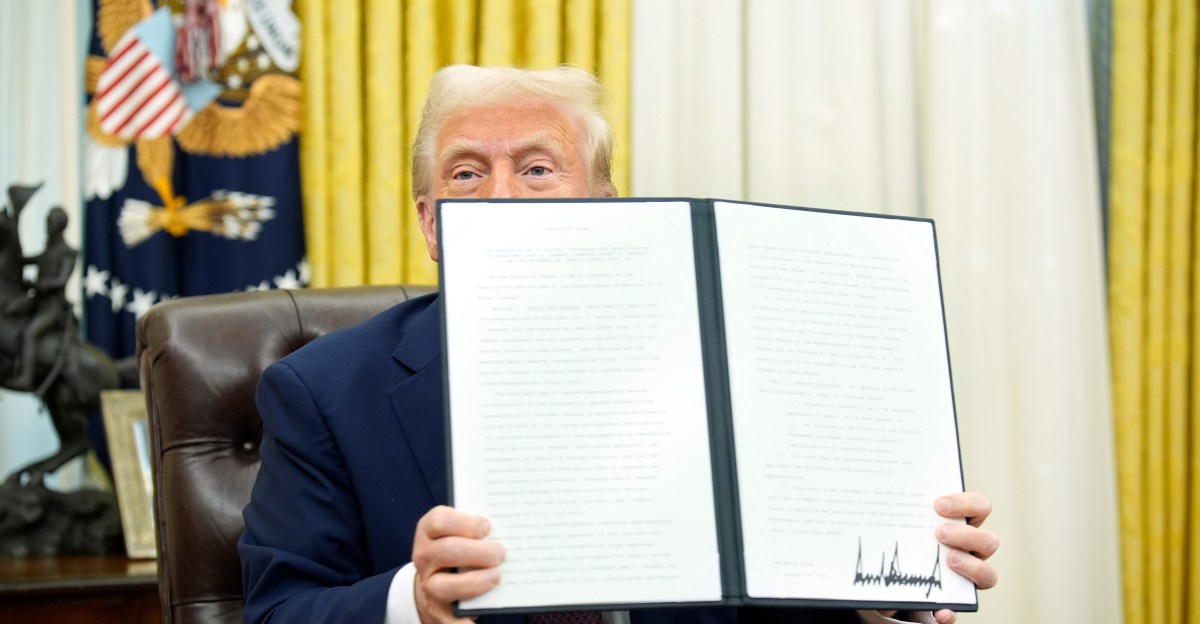The Real Motive Behind Trump’s EV Rhetoric
As former President Donald Trump intensifies his criticism of electric vehicles (EVs), many are left wondering about the real motive behind his rhetoric. Is it mere political posturing aimed at rallying his base, or does it reflect a deeper strategy that could reshape the future of the automotive industry? In this article, we’ll unpack the intricacies of Trump’s stance on EVs, exploring the political, economic, and social factors that may be influencing his statements and actions.
Understanding the Political Landscape
To comprehend the real motive behind Trump’s EV rhetoric, one must first examine the political landscape in which he operates. Trump’s base, primarily composed of traditional auto industry workers and conservative voters, has historically shown skepticism towards rapid shifts in technology, particularly when it threatens established industries like fossil fuels and internal combustion engine vehicles.
- Coal and Oil Industry Ties: Trump has long been an advocate for fossil fuels, often emphasizing the importance of coal and oil jobs. His rhetoric against EVs may be a reflection of his commitment to preserving jobs in these sectors.
- Rural America Concerns: Many of Trump’s supporters reside in rural areas where access to charging infrastructure is limited. By criticizing EVs, he may be tapping into the fears of those who feel marginalized by the electric vehicle movement.
- Defiance Against Regulations: Trump has positioned himself as a champion against what he labels as “overreaching” environmental regulations. His criticism of EVs can be seen as a stance against government mandates that push for a rapid transition to electric vehicles.
Economic Implications of Trump’s Rhetoric
Trump’s rhetoric also has significant economic implications. The automotive industry is a major driver of the U.S. economy, and any shift towards EVs could disrupt the traditional manufacturing landscape. His statements may be aimed at reassuring workers in the fossil fuel and traditional auto sectors that their jobs are safe, at least in the short term.
Moreover, the economic competition posed by foreign automakers, particularly those from countries heavily investing in EV technology, cannot be ignored. Trump’s rhetoric could be an attempt to bolster domestic automotive manufacturing, advocating for American-made products over foreign imports.
Shaping Public Perception and Policy
Public perception plays a crucial role in shaping policy. Trump’s criticisms of electric vehicles are not just about the cars themselves; they’re about framing a narrative. By casting EVs in a negative light, he aims to sway public opinion back towards traditional vehicles and energy sources.
- Populist Messaging: Trump’s approach often resonates with a populist sentiment that values the established way of life over technological advancement. This narrative can lead to increased support among voters who feel left behind by rapid changes in technology.
- Media Influence: The media plays a significant role in amplifying Trump’s messages. His statements about EVs can generate headlines that reinforce his views, creating a feedback loop that influences public discourse.
The Future of the Automotive Industry
As the automotive industry evolves, Trump’s rhetoric could have lasting effects. While he positions himself as a defender of traditional vehicles, the reality is that the shift towards electric and autonomous vehicles is already underway.
Manufacturers like Tesla, Ford, and General Motors are investing heavily in EV technology, indicating a clear market trend. Trump’s opposition to EVs may delay some advancements, but it is unlikely to halt the overall transition.
Counteracting the EV Narrative
There are also arguments to be made about the environmental and economic benefits of transitioning to electric vehicles. Many experts suggest that embracing EV technology can lead to:
- Reduced Emissions: Electric vehicles produce fewer emissions compared to traditional cars, contributing to cleaner air and a healthier environment.
- Energy Independence: As the U.S. moves towards renewable energy sources, EVs can help reduce dependence on imported oil.
- Job Creation: The growth of the EV sector could lead to new job opportunities in manufacturing, technology, and infrastructure development.
The Role of the 2024 Election
As the 2024 presidential election approaches, Trump’s rhetoric on electric vehicles may also be a strategic move to solidify his support among certain voter demographics. He may use his stance on EVs as a way to differentiate himself from Democratic candidates who typically favor aggressive climate policies and the promotion of electric vehicles.
Additionally, Trump’s statements could be a way to galvanize his base by framing the EV movement as part of a larger cultural battle over American values, jobs, and independence. This narrative can be particularly appealing to voters who feel anxious about the rapid pace of technological change.
Conclusion: A Complex Landscape
The real motive behind Trump’s EV rhetoric is multifaceted. It reflects a combination of political posturing, economic considerations, and cultural sentiments. While he may be speaking to his base and attempting to protect traditional industries, the undeniable shift towards electric vehicles continues to gain momentum.
As consumers increasingly demand cleaner, more sustainable transportation options, the automotive industry will likely undergo significant transformations, regardless of political rhetoric. Moving forward, both the industry and policymakers will need to navigate this complex landscape, balancing the interests of workers, consumers, and the environment.
In summary, Trump’s criticism of electric vehicles serves as both a reflection of his political strategy and a response to broader economic and cultural trends. Understanding these dynamics is crucial for anyone interested in the future of the automotive industry and the role of electric vehicles within it.
See more BBC Express News

